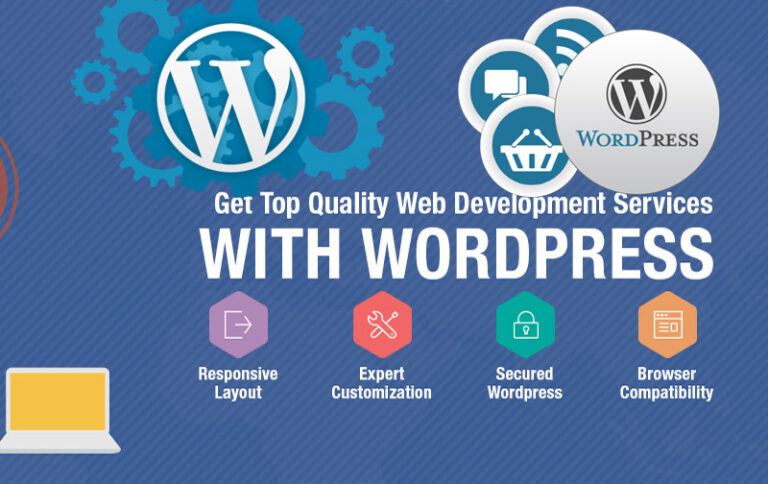The Impact of Content Management Systems on User Experience
As a web design and development agency, we at Firemind Web Design understand the importance of creating an exceptional user experience for website visitors. One of the key elements that contribute to a positive user experience is the content management system (CMS) used to build and maintain the website. In this article, we will explore the impact of content management systems on user experience and why it matters for businesses.
The Importance of User Experience
User experience (UX) refers to the overall experience a person has when interacting with a website or digital product. A good user experience is crucial for attracting and retaining visitors, as well as driving conversions and achieving business goals. A well-designed and user-friendly website can significantly impact a company’s online presence and reputation.
The Role of Content Management Systems
Content management systems play a crucial role in shaping the user experience of a website. A CMS not only allows for the creation and management of content but also influences the overall design, performance, and functionality of a website. The choice of CMS can impact website speed, security, mobile responsiveness, and SEO capabilities, all of which directly influence the user experience.
The Impact on User Experience
1. User-Friendly Interface: A good CMS provides an intuitive and easy-to-use interface for content editors and website administrators, allowing them to update and manage website content without technical expertise.
2. Mobile Responsiveness: A CMS with built-in responsive design features ensures that the website looks and functions well on all devices, providing a seamless user experience regardless of the user’s screen size.
3. Performance and Speed: The speed and performance of a website are crucial for a positive user experience. A CMS that optimizes website speed and performance can help decrease bounce rates and increase engagement.
4. SEO Capabilities: Many CMS platforms offer features and plugins that aid in search engine optimization, which can improve visibility and accessibility for users, further enhancing the overall user experience.
5. Security and Trust: A secure website instills trust in users and protects their data. A reliable CMS with regular updates and robust security measures can safeguard against cyber threats and ensure a safe browsing experience for users.
The Tl;dr Wrap Up
In summary, the choice of content management system significantly impacts the user experience of a website. A well-designed and user-friendly CMS can improve website performance, mobile responsiveness, SEO capabilities, and security, ultimately leading to a positive user experience and improved business outcomes.
FAQs
Q: Which content management system is the best for user experience?
A: There are several CMS platforms available, each with its own strengths. At Firemind Web Design, we specialize in developing websites on platforms such as WordPress, Drupal, and Shopify, tailored to meet individual client needs and provide the best user experience possible.
Q: Can I switch to a new CMS if I’m not satisfied with the current user experience?
A: Yes, it is possible to migrate to a new CMS if you are not satisfied with the current user experience. Our team at Firemind Web Design can help with the seamless transition to a new CMS, ensuring a smooth and efficient process with minimal disruption to your website and users.












